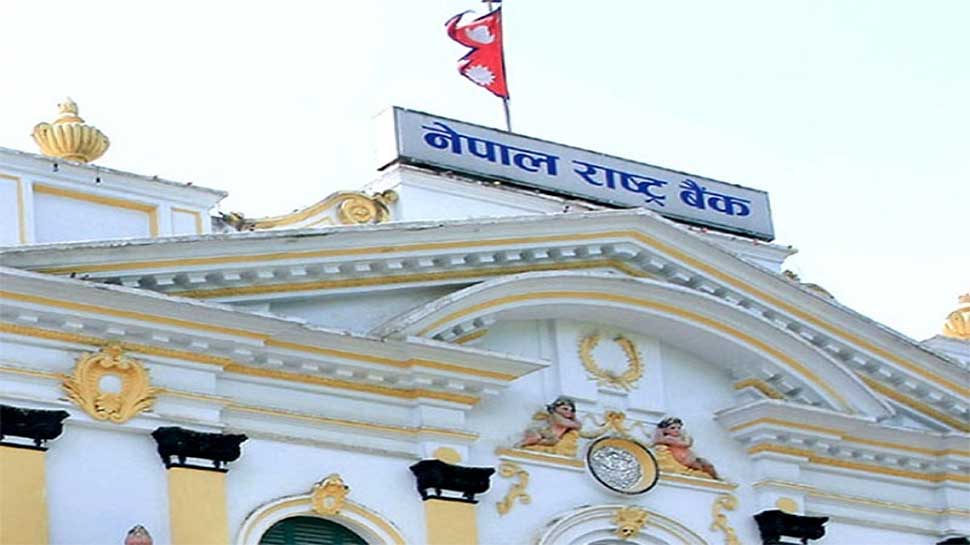
KATHMANDU, Nepal Rastra Bank (NRB) has stepped up efforts to integrate the Quick Response (QR) code payment platforms under a single network system to facilitate the easy transactions and to maintain transparency in the digital payment mode.
According to the NRB, it has prepared the draft of Standardization of Quick Response (QR) Code-QR Specifications and Nepal QR Standardization Framework and Guidelines for the purpose. The central bank has sought consultation from the stakeholders to finalize the draft of the guidelines.

Following the impact of COVID-19, Nepal is shifting gears from cash to digital mode as it provides convenience to the consumers and traders along with ensuring their health safety. As a result, many licensed payment service operators (PSOs) and payment service providers (PSPs) have started offering the QR code system for retail transactions.
According to the NRB, as of now, nine PSOs have received the license to operate the QR code service. Among them, Fonepay, Smart QR and First Pay are providing their services at present. Similarly, 18 PSPs and mobile wallet platforms that include IME Pay, eSewa Fonepay, CG Pay, Khalti, Prabhu Pay and Smart Card Nepal, among others, offer the QR code services.

Due to the lack of a common platform, if the customers wish to carry out transactions that involve multiple service providers, they have to download and manage separate apps of the companies involved. The standardization is expected to bring in uniformity and provide equal opportunities to all players in the payment space, reads the NRB’s draft.
The proposed guidelines have sought to bar acquirers (PSOs and financial institutions) and the merchants to take any fee from their customers for the use of the digital payment services.